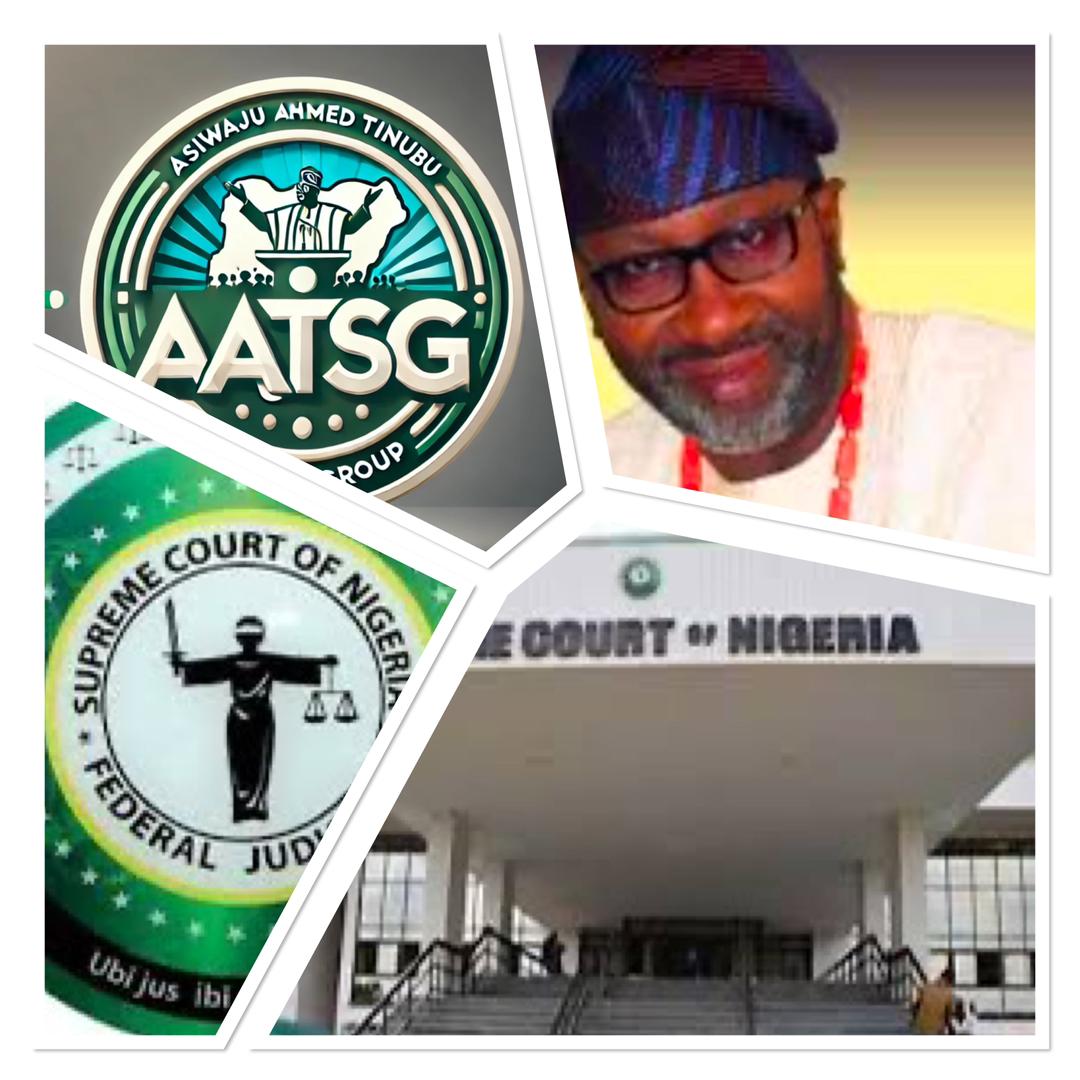Supreme Court Orders FG to Pay Allocations Directly to LGs, Bars Governors from Dissolving Councils
By Abayomi Odunowo
In a landmark ruling that reverberates through the political landscape of Nigeria, the Supreme Court has issued a momentous directive requiring the Federal Government (FG) to allocate funds directly to Local Government Areas (LGAs). This ruling has significant implications, not only for the distribution of financial resources within the country but also for the fundamental principles of democracy at the local level. Additionally, the Supreme Court curtailed the powers of state governors, prohibiting them from dissolving local councils. This decision appears to underscore the necessity for elected democratic governance in local jurisdictions, invoking urgent discussions about the state of democracy in Nigeria.
The current structure of local governance in Nigeria has been marred by a series of challenges, stripping Local Government Authorities of their autonomy and effectiveness. Many states have opted to appoint unelected officials to manage LGAs, ostensibly undermining the essence of democratic governance. This practice has led to a pervasive atmosphere of apprehension and disenfranchisement among citizens who are the bedrock of local governance. The absence of elected local officials means that the allocation of resources is often handled by individuals lacking accountability to the electorate, thereby eroding public trust in governance. Furthermore, governors exert undue influence over local councils, often dissolving them at will and replacing elected officials with appointees loyal to the state administration. This trend not only destabilizes local governance but also creates an environment conducive to political patronage and corruption. The unfortunate reality is that, as essential as local governance is for fostering development and addressing the unique needs of communities, it remains susceptible to the whims of state governments.
The untimely dissolution of Local Government Councils by state governors and the appointment of unelected officials have raised an urgent call for reform that echoes throughout communities across Nigeria. Citizens demand a return to a democratic process that empowers them to choose their representatives at the local level. The voice of the people must resonate strongly when it comes to appointments and piloting local governance. A locally elected council imbues the governance structure with legitimacy, accountability, and a responsiveness that is often absent in appointed entities. Citizens deserve to see their priorities reflected in local policies and allocations. Thus, the ruling of the Supreme Court arrives at a critical juncture in the fight for just representation and resource allocation, providing a necessary counterbalance to state authority and a mechanism to restore democratic agency at the grass-root level
The Supreme Court’s directive is more than just a policy adjustment; it is a clarion call to uphold democracy in a meaningful way. By ordering the Federal Government to pay allocations directly to democratically elected Local Government Councils, the court reinvigorates the constitutional mandate requiring that local governance is rooted in electoral legitimacy. Additionally, by barring governors from arbitrarily dissolving councils, the highest court in the land has fortified the pillars of local democracy, ensuring that citizens are empowered to elect their representatives and manage their affairs without undue interference from state governors.
This ruling, rooted in the efficacy of democratic principles, fills a glaring void in the Nigerian political landscape. It compels the Federal Government to ensure that resources are allocated transparently and directly to elected councils, enhancing local governance’s capability to address essential needs. Furthermore, it encourages states to comply with the constitutional protocols regarding local elections, which, if adhered to, could alter the trajectory of local governance across the nation.
The Supreme Court’s decisive ruling calls upon all stakeholders—Federal and state governments, political actors, and citizens themselves—to champion a local governance structure that is inclusive, democratic, and accountable. It is now incumbent upon states to embrace the integrity of local elections, elevate public trust, and foster an atmosphere where local governments can effectively serve the communities they represent. Ultimately, this ruling represents not just a judicial victory but a reaffirmation of the democratic ethos by which every Nigerian should be guided. The restoration of power to the people at the local level may indeed pave the way for a more equitable and responsive governance structure across the nation.
Otunba Abdulfalil Abayomi Odunowo
National Chairman AATSG
Email: [email protected]
Mobile: +2349053535322
AATSG Media.
URL: www.AATSG.org.ng
WhatsApp Channel: https://whatsapp.com/channel/0029VadcNX21NCrRShw4S33A
AATSG OFFICIAL
https://play.google.com/store/apps/details?id=com.slim.aatsg
AATSGiD
https://play.google.com/store/apps/details?id=com.myid.aatsgid





